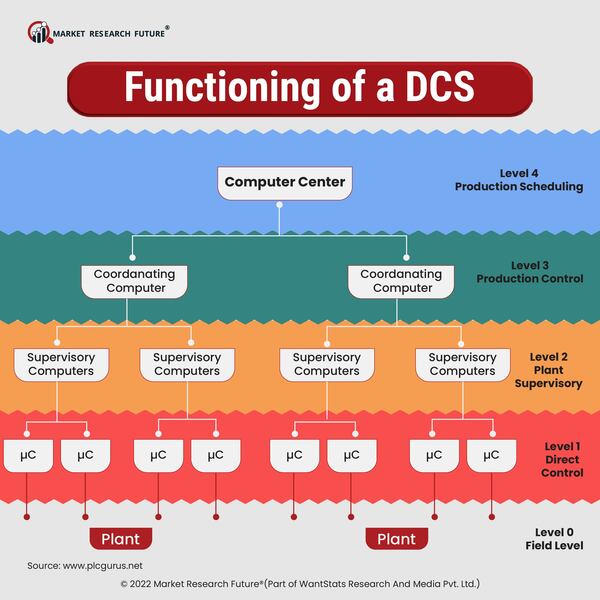Emerson's Most Recent Distributed Control System (DCS) Update Becomes the Building Block for Software-driven, Data-centric Automation Platform
Emerson, a global leader in software and engineering, has introduced a new version of its DeltaV distributed control system (DCS). DeltaV DCS Version 15 assists facilities in digitalizing their operations by increasing production optimization and improving operator performance. New software designed to decrease IT support and modernization costs, combined with advanced analytics, will increase flexibility and speed to market while also providing operational advantages. Market factors and public expectations are putting more pressure on manufacturers than ever before to improve performance and sustainability. Meeting these goals, particularly in times of staff shortages, demands making the best use of available data. DeltaV 15 enhances access to critical data, enabling every operator to make informed decisions. With new technology, automation is easier to set up and operate, and real-time analytics & an improved human-machine interface (HMI) help operators improve situational awareness.
The control system plays an increasingly essential role in delivering real-time access to highly contextualized, democratized data as the Purdue model of control system engineering flattens, and more manufacturers require visibility across the company. Version 15 retains the company's emphasis on user-friendly, software-defined architectures to aid operators and engineers in achieving a future of process manufacturing that is more sustainable and efficient.
Project and operations teams employ virtualization to reduce industrial automation's hardware and energy footprint while increasing availability. DeltaV now includes a hyper-converged infrastructure (HCI) virtualization option that can be set up in half the time that regular virtualization requires. DeltaV HCI is easy to scale and manage, and it works effectively. The HCI platform is easily extendable and scalable, allowing customers to secure their investments in the future. It serves as the foundation for DeltaV's shift to a data-centric and software-defined system. With the help of the new DeltaV Spectral Process Analytical Technology(PAT), users can reduce the time till product launch. Real-time closed-loop control is provided by the DeltaV Spectral PAT, which links two analytics programs to the DeltaV DCS. This tighter control speeds up the development of high-quality treatments by bringing manufacturers closer to continuous pharmaceutical production.
DeltaV Live, a cutting-edge HTML5-based, purpose-built HMI, has been enhanced to provide operators with instant access to expert insights for more prudent decisions that improve performance and support personnel among all skill levels. Teams may also obtain anytime, everywhere access to digital twin simulations from across the world with the new software-as-a-service(SaaS) DeltaV Simulation Cloud, which saves time and money with subscription options and enabling smoother collaboration among specialists.





